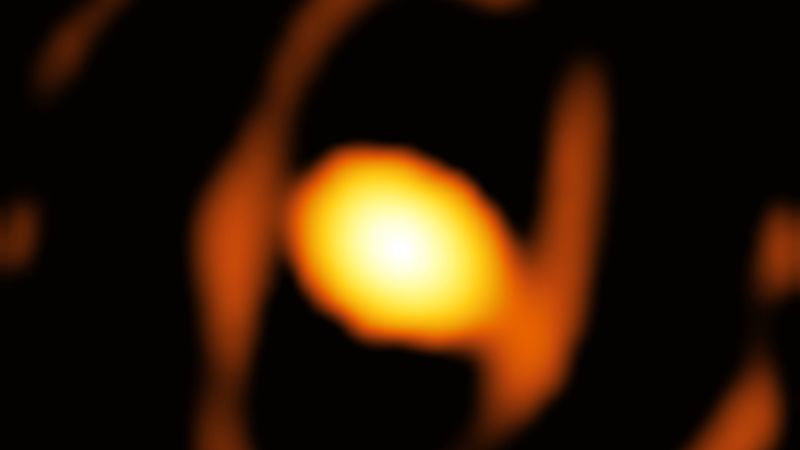
Temperature Sensors
Temperature sensors are devices that measure temperature by detecting changes in electrical resistance, voltage, or current. In the context of space and astronautical engineering, temperature sensors are crucial for monitoring the temperature of spacecraft components, as extreme temperatures can cause damage or malfunction. Temperature sensors are used in a variety of spacecraft systems, including propulsion, power, and life support. They are also used to monitor the temperature of scientific instruments and experiments. Temperature sensors can be passive or active, and can operate over a wide range of temperatures, from cryogenic temperatures to those found in the hottest parts of a spacecraft during re-entry. They can be designed to withstand the harsh conditions of space, including radiation and vacuum. The data collected by temperature sensors is used to inform spacecraft operations and to ensure the safety and success of space missions.
Your Previous Searches
Random Picks
- Materials Testing: Materials testing is the process of evaluating the physical and mechanical properties of materials used in space and astronautical engineering. This includes testing the strength, durability, and performance of materials under various condi ... Read More >>
- Decontamination: Decontamination is the process of removing or neutralizing contaminants that have accumulated on personnel, equipment, or facilities to prevent the spread of harmful substances. In the context of space and astronautical engineering, deconta ... Read More >>
- Compression Testing: Compression testing is a method used in space and astronautical engineering to determine the behavior of materials under compressive loads. It involves applying a compressive force to a material until it deforms or fractures. This test is u ... Read More >>
Top News

Archaeologists discover 4,000-year-old canals used to fish by predecessors of an...
Using drones and Google Earth imagery, archaeologists have discovered a 4,000-year-old network of earthen canals in what’s now Belize...
News Source: ABC News on 2024-11-22

First close-up image of a star beyond our galaxy may reveal impending supernova...
Astronomers have taken the first close-up image of a star beyond our galaxy, and it’s a “monster star” surrounded by a cocoon as it slowly dies....
News Source: CNN on 2024-11-21

Bestselling author explains the science of happiness: "You can do the work"...
Bestselling author and Harvard professor Arthur Brooks opens up about how enjoyment, satisfaction and meaning in life can increase a person's wellbeing....
News Source: CBS News on 2024-11-18

November's full moon, known as the Beaver Moon, is the last supermoon of 2024. H...
November's full moon, known as the Beaver Moon, is the last supermoon of 2024. Here's when it peaks and why it's called the Beaver Moon....
News Source: CBS News on 2024-11-15

You can't put a price on the sense of awe particle physics inspires...
Astronomy and particle physics are no longer seen as vital by the US establishment, so funding has fallen. But our work creates a sense of wonder, and wonder matters, says Chanda Prescod-Weinstein...
News Source: New Scientist on 2024-11-13